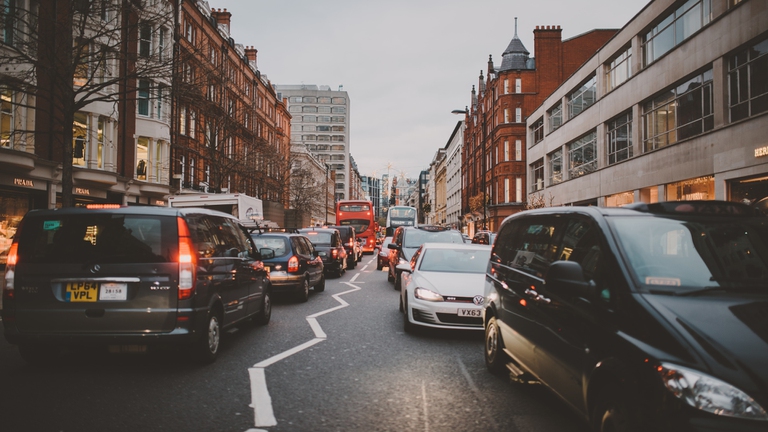The EU has banned the sale of new petrol and diesel vehicles and vans from 2035. From then on, new cars and trucks and vans offered in the EU have to run on other fuels.
The EU has banned the sale of new petrol and diesel vehicles and vans from 2035, from which level all new cars and trucks and vans offered in the European Union will operate on alternative fuels. The intermediate emissions reduction targets for 2030 have been set at 55 for every cent for passenger cars and trucks and 50 per cent for vans.
The effect of street transportation in the EU
Road transportation by itself generates just one-fifth of the EU’s CO2 emissions and in accordance to data from the European Natural environment Company, the common emissions of new passenger cars registered in Europe amounted to 107.5 grams of CO2 for each km (gCO2/km) in 2020.
Who made this selection and why?
This ban was enacted to make the transport sector compliant with the EU purpose to be climate neutral by 2050 established out in the European Climate Legislation. In October 2022, the EU Parliament and nations arrived at an agreement on a zero-emissions concentrate on for new cars and trucks and vans in 2035. With 340 votes in favour, 21 abstentions, and 279 votes from, the Parliament accepted the ban as section of the “Fit for 55” deal.
“This regulation encourages the creation of zero- and very low-emission cars. It contains an bold revision of the targets for 2030 and a zero-emission goal for 2035, which is critical to access local weather neutrality by 2050. These targets make clarity for the car sector and stimulate innovation and investments for car or truck makers. Paying for and driving zero-emission cars and trucks will grow to be more affordable for shoppers and a second-hand market will emerge far more speedily. It would make sustainable driving obtainable to anyone,” stated Dutch MEP Jan Huitema in a assertion. These new restrictions have not but been endorsed formally by the Council. At the time this transpires, they should be released in the EU Official Journal.
What does the ban indicate for petrol and diesel car or truck house owners?
EU citizens will still be ready to generate their petrol and diesel-pushed cars and trucks just after 2035, as the ban impacts only the new vehicles and vans sold from that year. People today will also be able to obtain gas for their non-electric powered vehicles, however the costs connected to car ownership for petrol and diesel-pushed autos could improve right after 2035.

What does the ban indicate for electrical cars and trucks and charging stations?
LeasePlan’s Vehicle Charge Index 2022 uncovered that the whole price tag of ownership (TCO) for electric motor vehicles is now the exact same or even cheaper than that of petrol or diesel vehicles in a lot of European international locations. The value of purchasing an EV is continue to higher at this time. These not long ago imposed restrictions are intended to market level of competition and encourage automakers to devote in EV research which could possibly, in change, lessen the value of acquisition for buyers.
Now, all around 480,000 electric powered charging details are offered to the general public in the EU. In October 2022, the EU parliament agreed on its position on the procedures regarding the infrastructure wanted to make charging stations more obtainable throughout the EU, with MEPs aiming to have a charging station just about every sixty kilometres.
![]()
Quest’opera è distribuita con Licenza Resourceful Commons Attribuzione – Non commerciale – Non opere derivate 4. Internazionale.

More Stories
Extinction Rebellion chief spotted ‘buying imported food and driving diesel car’ ahead…
Mr. Bean Star Rowan Atkinson’s $20M McLaren F1 is More Than 5X the Price of ‘Fast and Furious’ Star Vin Diesel’s Most Expensive Car
Extinction Rebellion leader exposed as eco-hypocrite who has diesel car & buys imported food in non-recyclable packaging